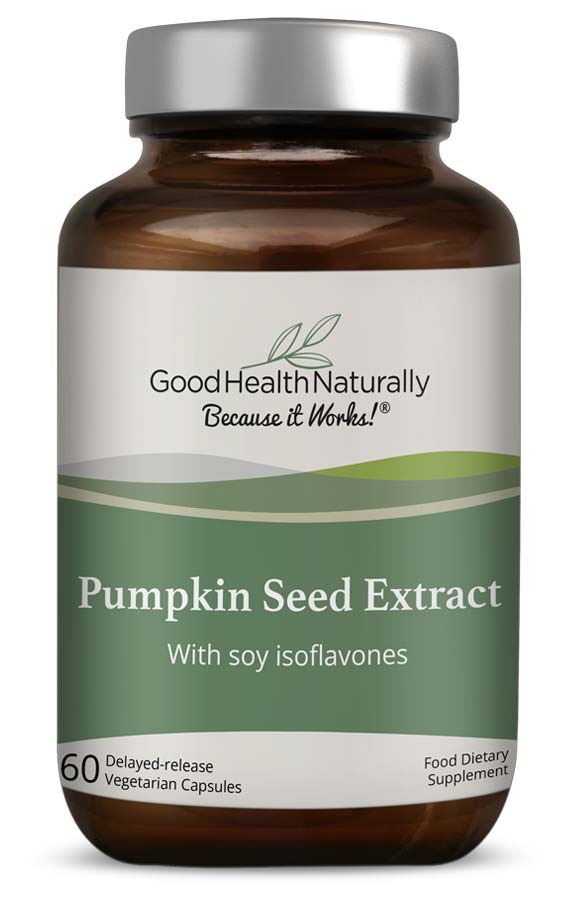Welcome Back to Naturally Healthy News!
This week, it’s going to be a tale of two halves. What struck us initially was the fascinating new research into the frequency of laughter. However, this joyful revelation prompted us also to consider a less talked-about issue: how laughter can be problematic for bladder health.
While these topics might seem unrelated, they are not, as many of us will testify! Therefore, we thought it would be valuable to share our findings on both with you this week.
The Healing Power of Laughter
Laughter is often called the best medicine, and for good reason. It’s a natural way to boost mood, improve mental health, and even enhance physical well-being. Studies have shown that laughter reduces stress hormones, increases endorphins, and can even improve cardiovascular health. You can read more on the science of laughter in our article in the latest edition of Naturally Healthy News magazine.
Recently, research has highlighted a fascinating aspect: women tend to laugh more than men. This difference is thought to be linked to social and emotional factors, making laughter not only a personal joy but also a social connector.
What the Research Says
In this new study, psychologists used two devices: a wrist-mounted gadget that the user pressed once when enjoying a belly laugh and twice for a fit of laughter. They also had a body-posture accelerometer on their arm, which measured body position. About 80 men and women aged 18 to 74 were given the equipment for the four-week experiment.
The results, published in the journal Frontiers in Psychology, revealed an average of 2.5 belly laughs and a fit of laughter every fourth day. Women averaged about ten percent more belly laughs than men.
The peak time for a belly laugh was 8 p.m., and Friday was the day with the most laughs, probably in anticipation of the weekend, say the researchers. Early morning was the lowest time for laughs, and Wednesday was the day with the fewest laughs—there was a 30 per cent lower likelihood of laughter than on Friday.
Interestingly, happier and more satisfied individuals tended to laugh more often, while personality traits such as openness and conscientiousness were positively linked to laughter frequency. However, no significant association was found between laughter and gelotophobia (fear of being laughed at).
The study used advanced statistical methods and confirmed previous findings on laughter patterns, highlighting its varied nature and ties to individual characteristics and well-being.
However, as beneficial as laughter is, it can sometimes present challenges, particularly for bladder health.
Laughter and Bladder Health
While laughter brings numerous benefits, it can occasionally lead to an inconvenient issue: urinary leakage. This is a common concern, especially among women, who are more prone to stress urinary incontinence. This condition occurs when physical activity or exertion – such as laughing, coughing, or sneezing – puts pressure on the bladder, leading to leaks.
But the good news is that there are natural ways to support bladder health and reduce the risk of leaks.
Pumpkin Seed Extract and Bladder Strength
One effective natural remedy is pumpkin seed extract. This powerful extract is rich in essential fatty acids and phytoestrogens that can help strengthen the pelvic floor muscles and improve bladder control. Studies have demonstrated that pumpkin seed extract can significantly reduce symptoms of overactive bladder and decrease the frequency of urinary incontinence. By incorporating pumpkin seed extract into your daily regimen, you can support your bladder health and enjoy laughter without worry.
Soy Isoflavones for Bladder Health
Another potent ally in the fight against bladder leakage is soy isoflavones. These plant-based compounds, found in soybeans, mimic estrogen in the body and have been shown to support bladder health, particularly in postmenopausal women. Research indicates that soy isoflavones can reduce the symptoms of overactive bladder and improve overall urinary function. Including soy products or supplements in your diet can bolster your bladder’s resilience and reduce the risk of leakage.
Good Health Naturally has recently launched a product in the UK called Pumpkin Seed Extract with Soy Isoflavones to help with bladder control, and it will soon be available worldwide.
A Balanced Approach
Combining these natural supplements with lifestyle changes can create a balanced approach to bladder health. Pelvic floor exercises, commonly known as Kegels, can strengthen the muscles that support the bladder, reducing the likelihood of leaks. Additionally, maintaining a healthy weight, staying hydrated, and avoiding bladder irritants like caffeine and alcohol can all contribute to better bladder control.
Incorporating laughter into your life should be a joyful experience, not overshadowed by worry about leaks. By taking proactive steps to support your bladder health with pumpkin seed extract and soy isoflavones, you can laugh freely and fully.
Here’s to a week filled with laughter, health, and happiness!





